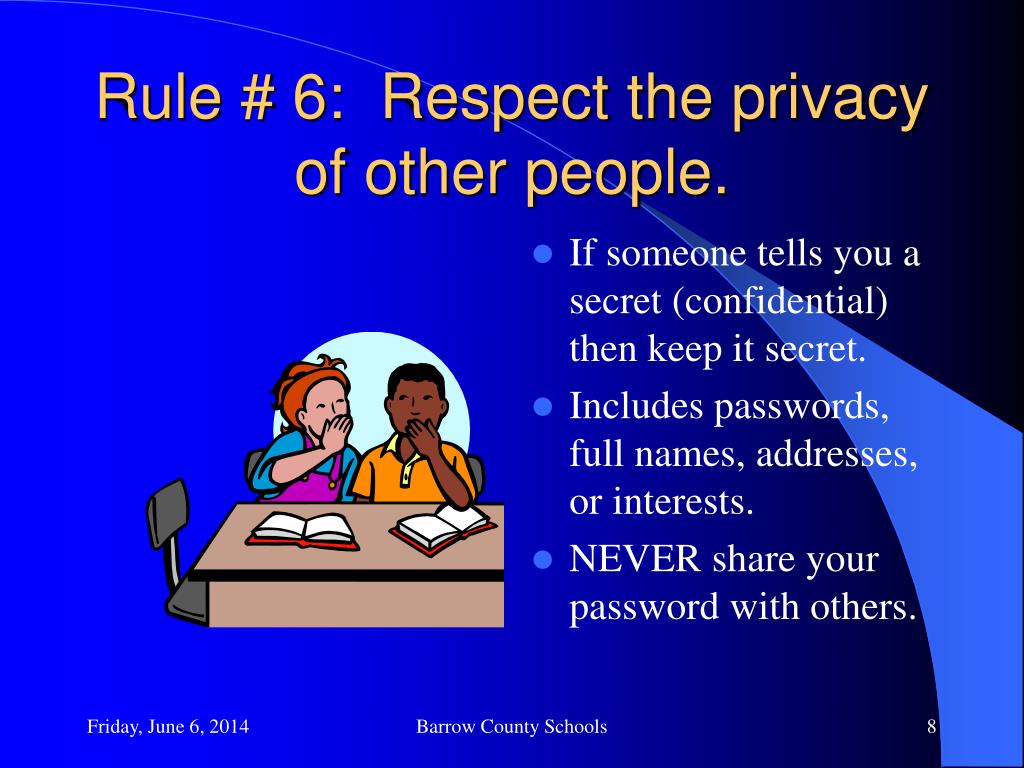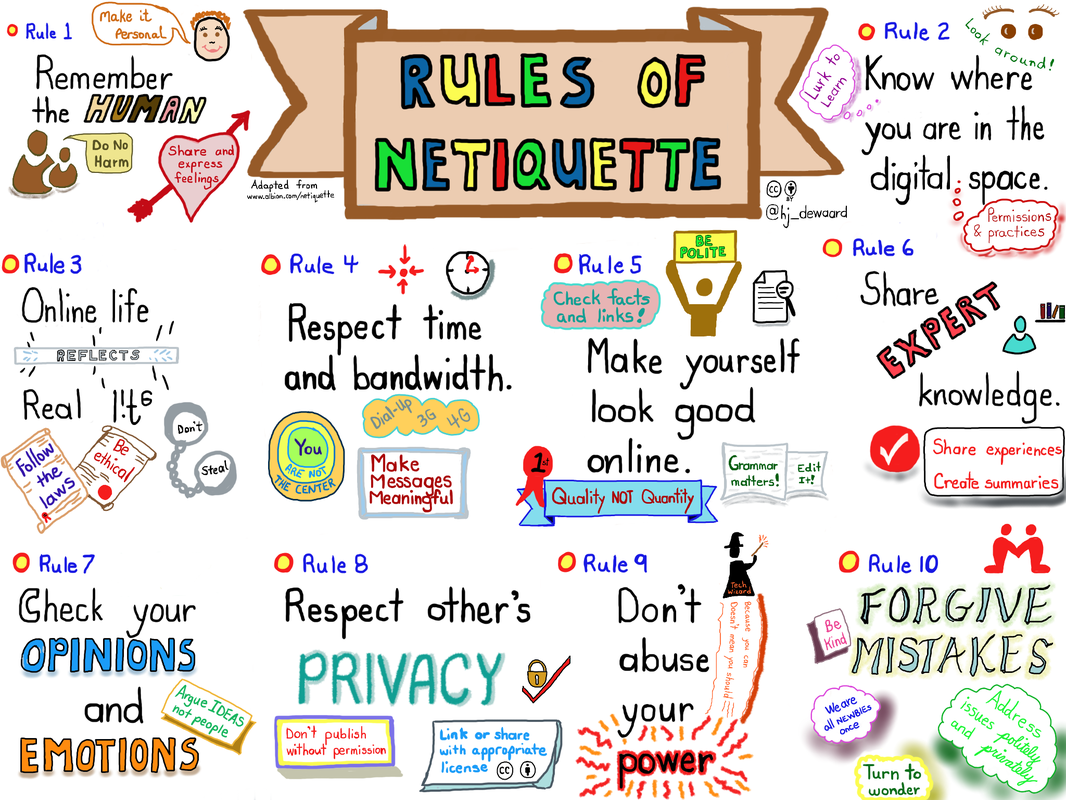


It’s also important to keep in mind that writing a message in all caps is considered poor online etiquette, because it is commonly understood to be the equivalent of shouting at the recipient. Swearing, starting flame wars, or posting comments that you know will cause controversy, is just poor netiquette. Often, you’ll feel relieved you didn’t react, or over-react, too quickly.Ĭhat rooms can be particularly tempting. Sometimes letting something sit for a day - or at least a few hours - can be helpful in deciding if you really need to post that comment. Before you post about “knowing” something, be sure you actually know what you’re talking about.Īnother potential drawback of online communication? It’s too easy to type out a negative comment if someone ruffles your feathers. Spelling and grammar are meaningful in online communication. It’s also wise to keep in mind that your communications, whether they’re in the form of emails or online posts, take up space in storage systems. Bombarding mailing lists with large files or unnecessary data is not looked upon favorably. It’s important to respect people’s time, keeping your online communication succinct and to the point. The information overload in today’s society can be overwhelming. Rule 4: Respect others’ time and bandwidth What’s good for one group may go against the mentality or rules of another.įor example, if you mistakenly post about your meat-lovers blog and all of the ways you marinate chicken, and you’re communicating in a vegan chat group on Facebook, you may receive comments from offended group members. Knowing where you’re writing - and your audience - is essential because online forums and domains all have their own rules. On a more personal level, you could risk alienating yourself from a group of friends, family members, or colleagues because of something you’ve written. In addition, saying someone did something when they didn’t could harm their reputation and be considered libelous. You can ignore everyone’s response, at least for a little while.īut this kind of cyber behavior can still get you into trouble - it just may not be as immediate as if you were listening to their response in person. For instance, copying someone else’s work can violate copyright laws. You can type it, and then shut down your computer or log out of Facebook.

There’s something freeing about being potentially anonymous, or at least faceless, that ignites a feeling of freedom to say things that you would never say in person. Rule 2: Adhere to the same standards of behavior online that you follow in real life How often have you read something that you thought meant one thing, when it really meant something quite different? Meaning can also get lost in translation when auto-correct changes your text or sloppy typing leaves out key words. It’s also easy to misread the context of someone’s words when you can’t see their facial expressions or body language. There’s a certain anonymous freedom, although nothing is really anonymous on the Internet. It’s easier to shoot back a response to a negative comment because you’re looking at text on a screen rather than looking at someone in the eyes. There’s a human behind the words you’re reading. What frequently gets people into trouble when communicating online is that they easily forget they are communicating with real people. Make sure you understand this list of the core online etiquette rules that were excerpted and adapted from Virginia Shea’s book, The Core Rules of Netiquette.

Following netiquette guidelines can help you maintain a positive online presence. As more people spend time online and technology advances, it’s important to be aware of how we are interacting online. While social etiquette has evolved over time and differs based on culture, digital etiquette is fairly new. The word netiquette was derived by combining “net” and “etiquette.” Netiquette is the correct way of conducting yourself while communicating online.


 0 kommentar(er)
0 kommentar(er)
